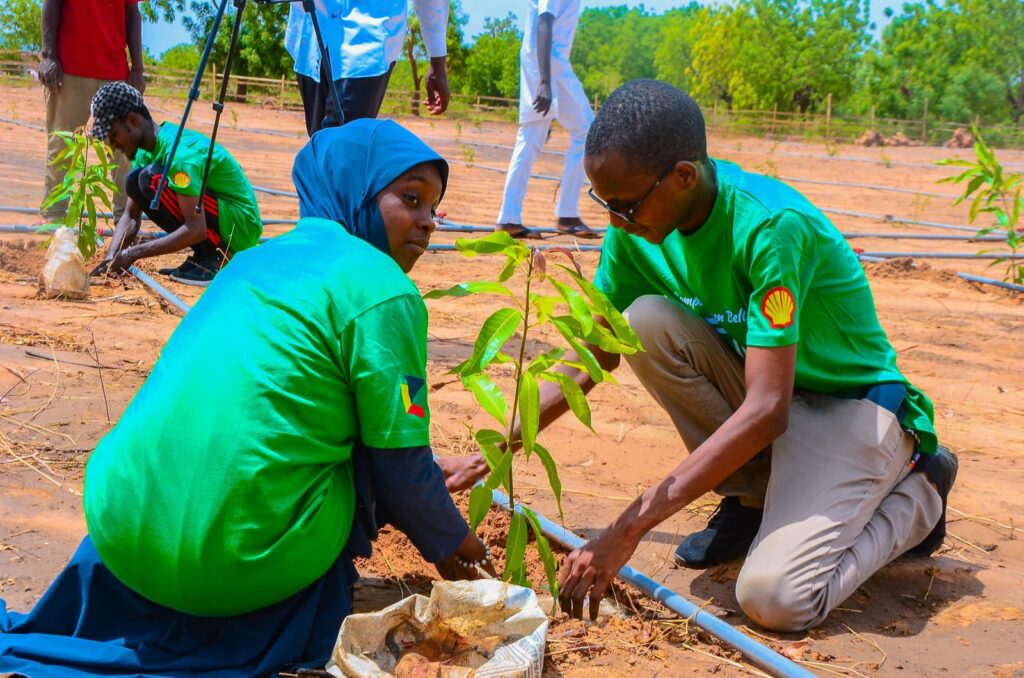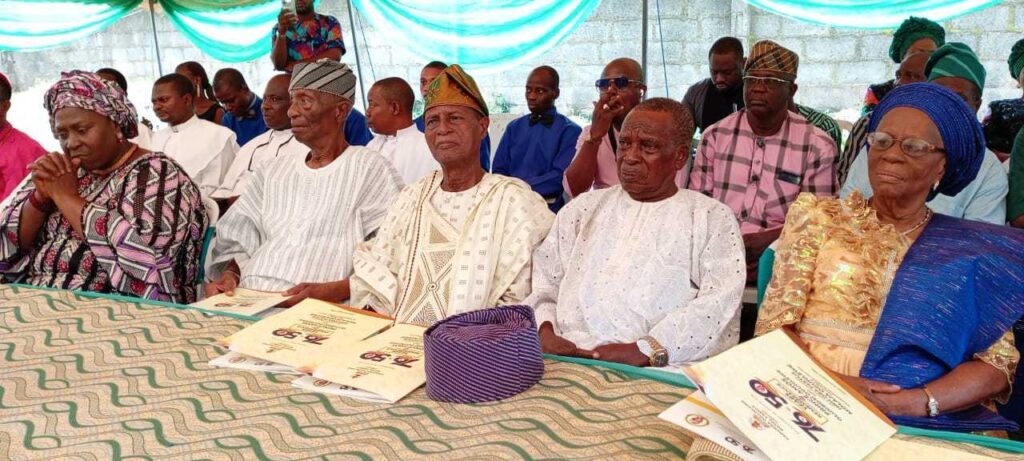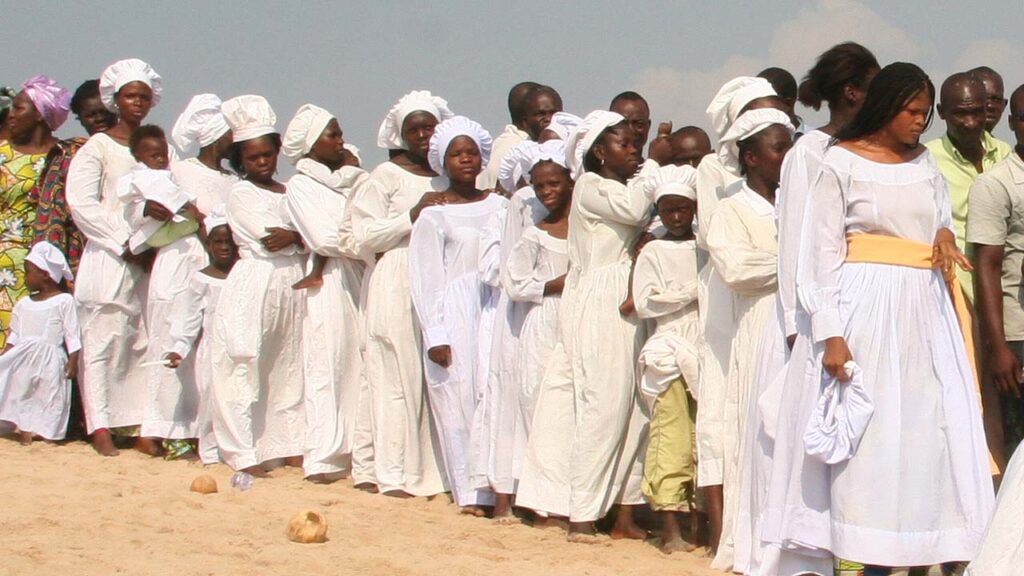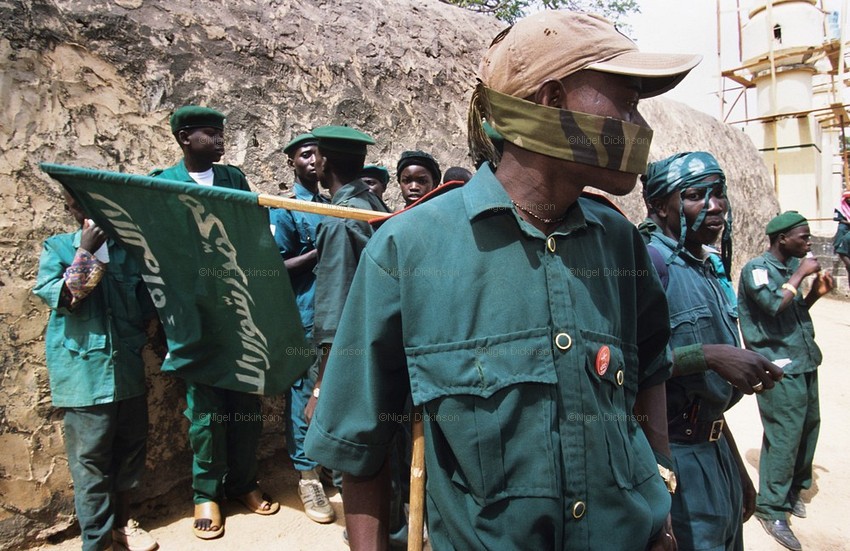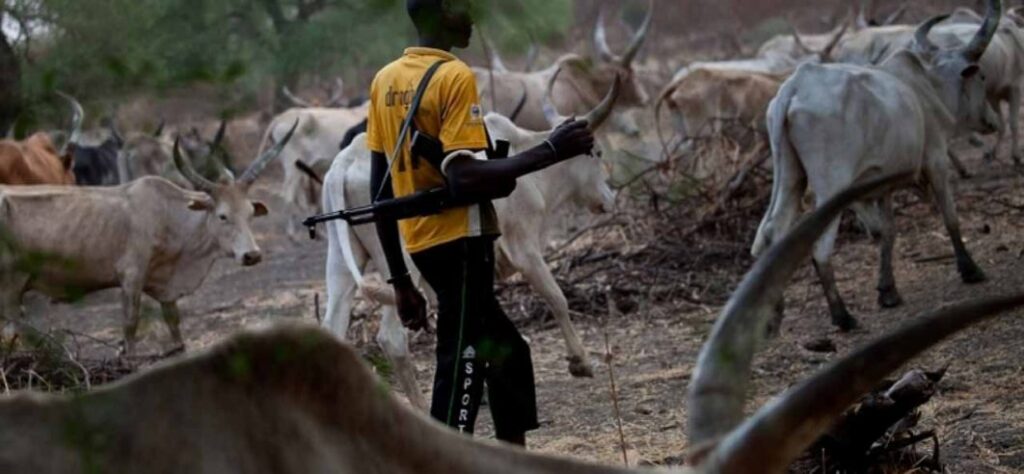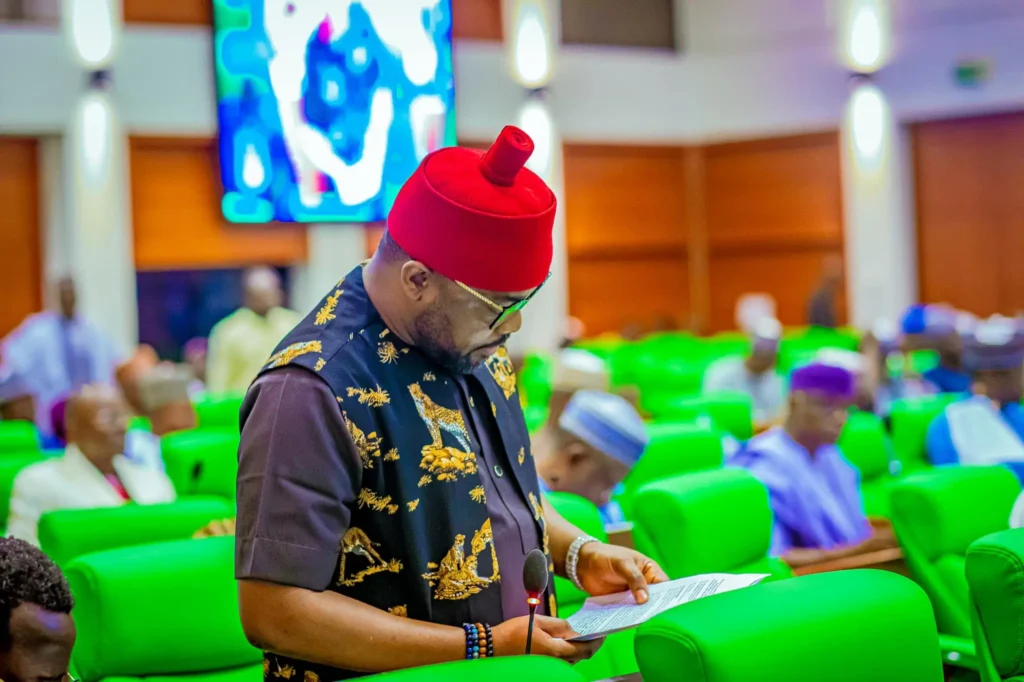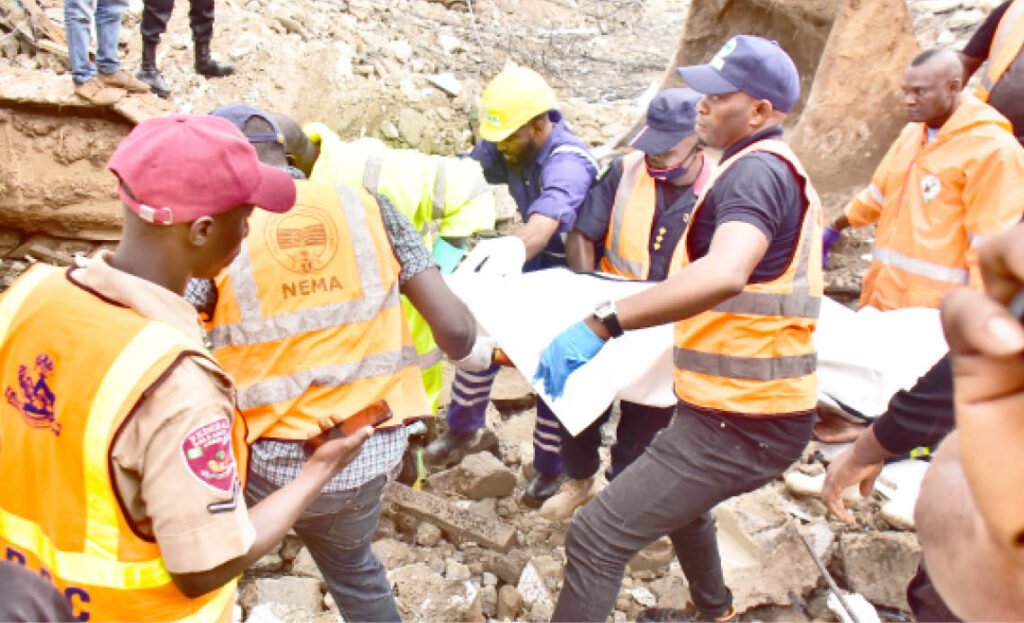
In a significant stride towards combating climate change and deforestation, The Offshore Lab has partnered with Bauchi State University, Gadau to launch the ambitious Campus Green Belt initiative at the university’s main campus in Gadau. This groundbreaking project, marked by the planting of 1,000 fruit-bearing trees and the installation of a state-of-the-art drip irrigation system, is set to transform the university’s landscape and serve as a beacon of sustainable development across Nigeria.
The Campus Green Belt initiative has been conceived to plant and nurture fruit-bearing trees in universities and institutions of learning across Nigeria. It aims to harness the energy and enthusiasm of Nigeria’s youth to address the pressing environmental crises facing the country. With climate change and deforestation posing existential threats to the nation, this project represents a proactive step towards fostering a culture of environmental stewardship and sustainable practices within educational institutions.
A Visionary Initiative
The Offshore Lab, a renowned project delivery contractor and incubator for innovative solutions, has designed the Campus Green Belt initiative to leverage the potential of young people in driving meaningful and sustainable change. By engaging students in the planning, planting, and maintenance of the trees, the project not only aims to create a greener campus but also to instil a deep sense of environmental responsibility and activism among the youth.

“Our goal is to create a sustainable and scalable model that can be replicated across educational institutions in Nigeria,” said Emeka Obiwulu, CEO of The Offshore Lab. “By involving students in every step of the process, we are empowering them to become the next generation of environmental leaders.”
Combating Climate Change and Deforestation
Nigeria, like many other countries, is grappling with the devastating effects of climate change and widespread deforestation. The Campus Green Belt initiative addresses these challenges by promoting reforestation and sustainable agricultural practices. The 1,000 fruit-bearing trees planted on BASUG’s main campus will not only enhance biodiversity and sequester carbon but also provide economic benefits to the community through the eventual harvest of fruits.

The drip irrigation system installed as part of the project ensures the efficient use of water resources, a critical consideration in a region often affected by drought. This technology will help maintain the health and growth of the newly planted trees, demonstrating a practical application of sustainable agricultural techniques.
Youth Empowerment and Education
Central to the success of the Campus Green Belt initiative is its focus on youth empowerment. The project engages students in hands-on activities, providing them with practical skills and knowledge in environmental conservation and sustainable agriculture. Setting up student groups, workshops, seminars, and field training sessions are integral components of the initiative, offering students valuable learning experiences outside the traditional classroom setting.

“The enthusiasm and dedication of the students have been truly inspiring,” remarked Dr. Umar, a key facilitator of the project at BASUG. “I expect them to take ownership and take the lead, and my role will be supervisory”. “The active participation of the students not only ensures the success of this initiative but also lays the foundation for a generation of environmentally conscious citizens.”
A Collaborative Effort
The launch of the Campus Green Belt initiative has been made possible through the collaboration of various stakeholders, including university leadership, local government officials, and community members. The support from the University leadership has been instrumental in providing a conducive platform for the project’s implementation.
According to the Vice Chancellor Prof. Fatima Tahir, the initiative came at the right time as the university always had the idea of establishing this orchard with such biodiversity and fruit-bearing trees.

She said, “In as much as the university always had this idea of wanting to establish something like this, I must say that this is the conception of The Offshore Lab with the support of Shell Petroleum Development Company.”
“We are proud to be the first university to host this innovative initiative,” said Prof Tahir. “This project aligns perfectly with our commitment to sustainable development and community engagement. We look forward to seeing its positive impact on our students and the wider community.”
A Model for the Future
As the Campus Green Belt initiative takes root at BASUG, its proponents are hopeful that it will serve as a model for other institutions across Nigeria and beyond. The project’s success demonstrates the power of youth-led action in addressing global environmental challenges and highlights the importance of integrating sustainability into educational frameworks.
In a world increasingly threatened by environmental degradation, initiatives like Campus Green Belt offer a glimmer of hope and a roadmap for sustainable development. By empowering the youth and fostering a culture of environmental responsibility, The Offshore Lab and BASUG are making significant strides towards a greener, more resilient future.

